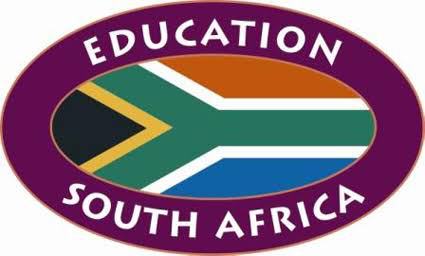South Africa: Free education for employment!

How does the traditional school system, not only in South Africa but around the world, prepare young people to work in an environment where there are so many opportunities?
Nine million people are unemployed in South Africa. There are many causes for this, but the most important is the devastating consequences of a poorly structured and poorly managed school system. Learning programs are inefficient and lead many young people to failure. Instead of being the beneficiaries, they become the “victims”.
First and foremost, public servants should define what is meant by “schooling”. There is no single definition that can encompass all possibilities and is sufficiently clear and narrow to allow for control. A definition that provides some latitude would allow students and their parents to escape the restrictions of the government curriculum and choose educational alternatives from the wide variety of options that, absent the mandatory program, would have been available.
Economist EG West pointed out that if the real intention was to ensure that young people learn to read and write, the mission should not be left to the government alone. It would be enough to force parents to literate their children and then control the outcome by passing an official test on children in the same way as passing the driver’s license test.
INADAPTATION OF PUBLIC EDUCATION PROGRAMS
Public education programs are narrow and do not necessarily meet the real needs of young people. The essential thing is certainly to know how to read and write and to know some bases of calculation: add, subtract, multiply and divide; but there are thousands of other possible subjects of study to choose from.
A career planning site lists 12,000 potential careers. How does the traditional school system, not only in South Africa but around the world, prepare young people to work in an environment where there are so many opportunities? The answer is that this is not the case. School systems offer very limited choices that do not respond to the diversity of the supply of jobs.
Thus, young people are held in “slavery” in a closed system, while they can learn the things that really interest them and that will be valuable to them throughout their lives. Vocational counselors in schools offer a range of careers as narrow as the school curriculum, which is not very stimulating for youth.
OBSOLESCENCE OF SCHOOL SYSTEMS
School systems around the world are obsolete. The transmission of knowledge and skills could nevertheless be carried out in a much more efficient and satisfactory manner. To do this, it would be necessary to free up training by leaving the state service alone and by encouraging the emergence of new competing private structures.
This would make it possible to broaden the training offerings to the real needs of the labor market. It would be necessary, among other things, to valorize manual channels such as electronics, plumbing, electricity, masonry, carpentry, painting, tiling and gardening. There is a wide range of possibilities for each potential activity.
To this must be added the channels related to music and art in all their forms, agriculture, and sport. Experts in all these areas could teach what they know. The possibilities are almost infinite and the availability of information increases exponentially.
The future of the current nine million unemployed would be drastically changed if they had skills in the areas mentioned. Opening young people to apprenticeship programs in these fields would be a valuable asset for South Africa and a worthy response to the problem of unemployment. These structural changes will surely take time to impact the economy, but this must be done right now by adapting laws and the environment to improve school and learning programs.






